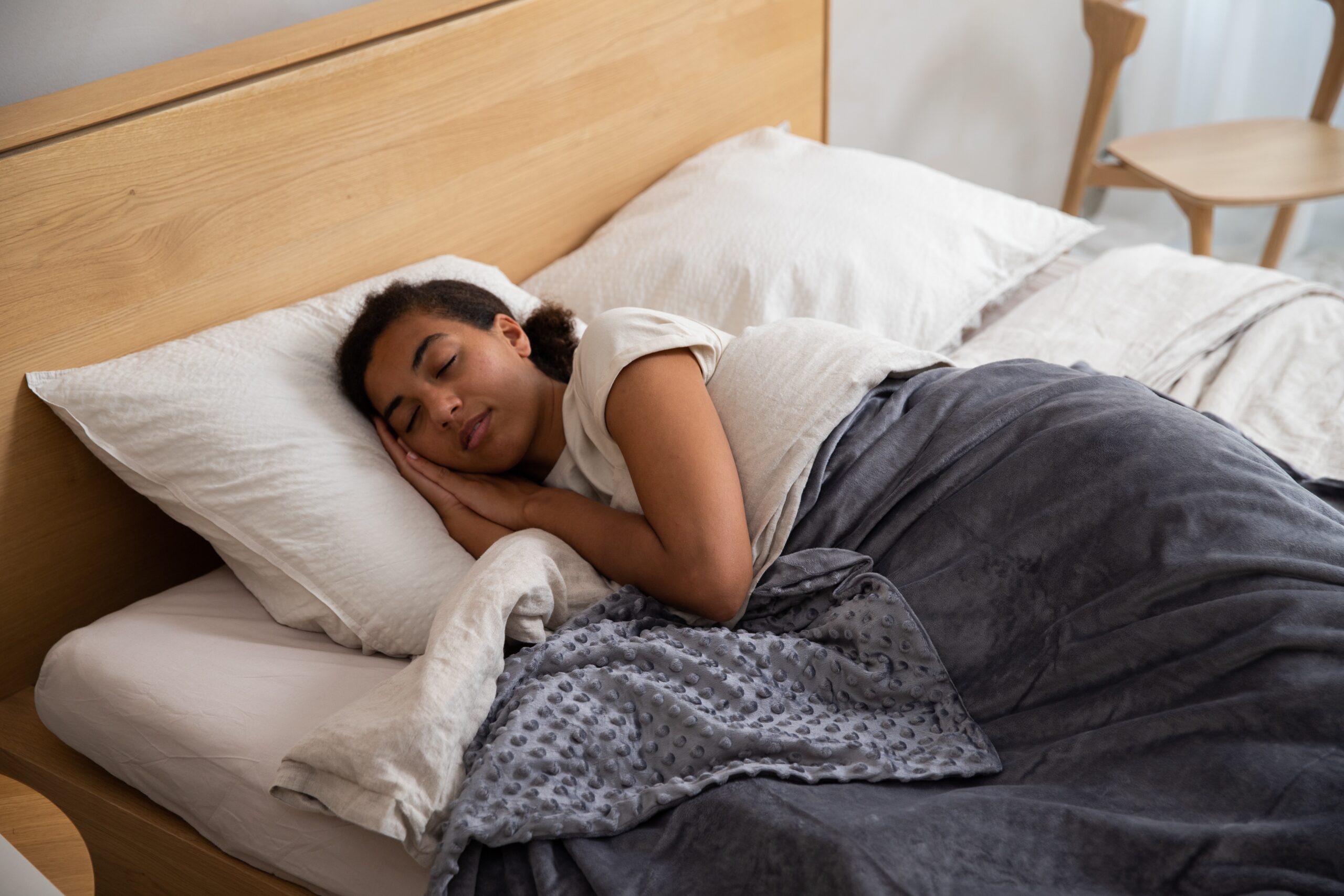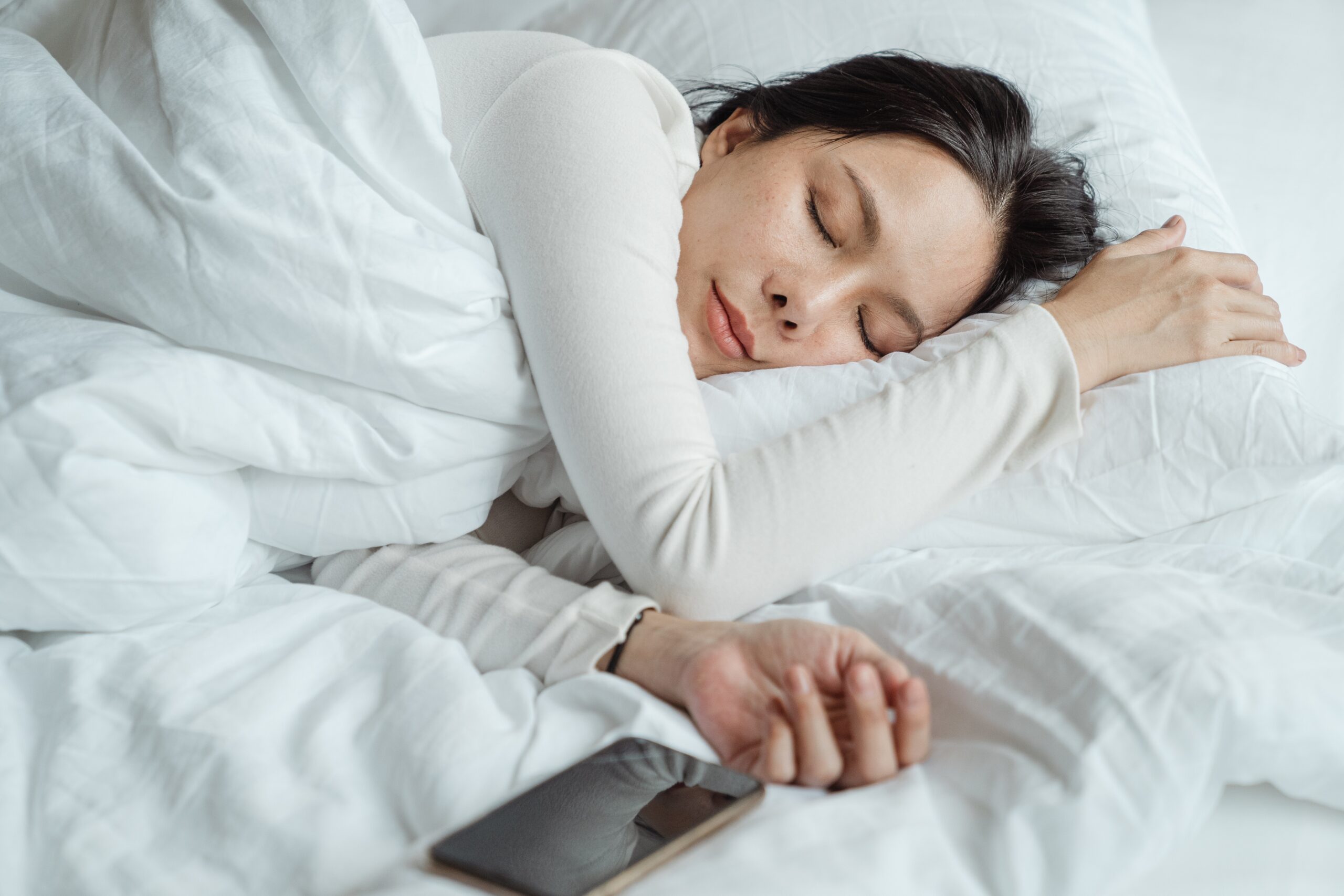
Most everyone has experienced insomnia at some time or other, to varying degrees and frequency.
Worldwide studies estimate that the disorder occurs in 10 to 50 percent of the population, with as much as 30 percent chronically afflicted.
Commonplace as it is, insomnia is not a joke. True, a sleepless night or two is no cause for alarm. But if we toss and turn in bed night after night while the rest of the household is in deep slumber, that may well be a wake-up call for us to visit our GP—ASAP.
The importance of sleep
We need sleep just as we need air, water, and food. It is during sleep that the body heals itself and restores its chemical balance. Without a good night’s sleep, we feel irritable, frustrated, unmotivated.
Sleep factors on how we perform at home, work, and school. With little shut-eye the prior night, we should think twice before driving a car or operating heavy equipment. Not only does sleep deprivation impair our attention span, but it can also lead to micro-sleeps – unknowingly falling asleep for several seconds. How often have we heard of casualties suffered during drowsy driving?
Sleep disorders are linked with deleterious health consequences like stroke, heart attack, and diabetes. We need to sleep the required number of hours to function at our best.
The amount of sleep a person needs depends on many factors, including age, state of health, genetics, and environment. Most adults need to sleep 7 to 9 hours; older adults, 7 to 8. There are those who require as few as 6 hours and those who need as many as 10.
Experts say that if we feel drowsy during the day, chances are we are not getting enough zzzzs.
A survey by the American Academy of Sleep and Medicine reveals that nearly two-thirds of Americans take sleeping aids, with the top choice being over-the-counter Melatonin, followed by prescription medication.
Sleeping meds – prescribed or not — may seem like a quick fix when we struggle going to sleep night after troubled night. Gulp down a pill and off we go to dreamland. Easy peasy.

But medication is fraught with risks.
Most OTC pills contain antihistamines which can cause dizziness, confusion, cognitive decline and difficulty urinating. These side effects can be worse in older patients. Taking melatonin supplements is considered safe only for one to two months. It may also cause daytime drowsiness which may lead to falls. Melatonin use has also been associated with increased blood sugar and blood pressure levels.
Prescription pills are no better. They carry with them a long list of side effects, including prolonged drowsiness, headache, diarrhea, or severe allergic reaction, plus the risk of drug abuse.
It is best for those with chronic sleeping disorders to consult their health care provider who can probe into underlying causes, rather than just treating the symptom itself.
As in almost every problem, natural is the way to go.
Natural remedies are gentler to the body. Administered within prescribed doses, they cause little or no adverse side effects.
A prime of example of natural therapy is lifestyle changes, including diet, sleeping habits, meditation, exercise and mental conditioning.
Diet for better sleep
Go for food and drinks that provide nutrients essential to sleep. These include kiwi, cherries, milk, fatty fish, nuts and rice. Avoid caffeine, alcohol, sugary beverages and sweets before bedtime. A large meal, especially a high-calorie one – is a no-no, as the body is not given enough time to digest the food, thus triggering digestive problems like heartburn and acid reflux.
Conducive sleeping habits
For those experiencing occasional bouts of sleepless nights, improved sleeping habits will help, including: establishing strict sleep and wake-up routine; avoiding strenuous workouts at night which may fire them up instead of winding them down; limiting daytime naps; listening to soothing music; avoiding nicotine; and creating an environment conducive to sleep. This last one involves treating the bedroom as a sanctuary solely devoted to sleeping.

There are a number of ways to transform a room into such a sanctuary:
- Find the right mattress = As we are shaped differently and sleep in different positions, it is important to have a bed and mattress that fit us perfectly. We can consult with the store’s bedroom expert or actually try the beds and mattresses for size when we browse a store.
- Invest only in quality materials for beddings. Choose materials we like and are comfortable in – whether it be luxurious silk or soft cotton.
- Make sure the room is well-ventilated. It is not enough to simply circulate he air already present in the room with fans. Experts suggest opening windows for 15 minutes each morning to clean the room thoroughly. This lowers the levels of carbon dioxide in the air and promotes sleep quality.
- Keep technology out of the bedroom – Yes, this means shutting down the TV, laptop and smartphone at bedtime. We should resist checking our phone before going to sleep as this will keep our mind active.
- Keep the sleeping space clean, uncluttered and smelling nice. This does not only mean clean and fresh bed linens, dust-free nightstands, and spotless floors. It also refers to getting rid of paperwork and piles of laundry. For a pleasant-smelling sleep, try essential oils, sleep sprays, and scented candles.
- Paint the room green or blue. Both are relaxing hues and can help us nod faster and more deeply. Moreover, blue is said to help lower blood pressure.
Aerobic exercise
Aerobics such as swimming, biking, jogging, and walking may help us sleep, as well as relieve sleep apnea symptoms. Go for moderate work-outs rather than more intense exercises.
Mental conditioning
Studies have found that some people who engage in imagery distraction or visualization fall asleep faster than those who use other types of distraction.
Try to inagine a tranquil and relaxing place — a gurgling brook, a peaceful meadow, or a lush garden. Being in such a place in our mind may help us sleep faster.
Or: visualize falling asleep. Starting with our toes and working upwards, picture our body getting warm and heavy as though we are sleeping deeply.

Meditation
Meditation has been used from early times by various cultures to achieve inner calmness and clarity. Relaxing our body and mind makes it easier to quiet the thoughts that keep our mind buzzing. A popular meditation method is guided meditation — listening to a pre-recorded podcast or audio clip of someone leading us through the meditation process.
Herbal remedies
Webmd.com identifies lavender, chamomile and valerian root as nature’s calming herbs. Some people rely on tea infused with these herbs to soothe them to sleep. Other herbs conducive to sleep are sandalwood, ylang-ylang, passion flower and lemon balm.
Alternative treatments
A discussion on natural solutions to sleeping problems is not complete without mentioning alternative therapies like acupuncture, acupressure and aromatherapy.
Proponents of alternative treatments believe that blockages in certain meridian points of the body can cause imbalance in the flow of energy, leading to illness, pain, sleeplessness, and other symptoms. Applying pressure on these points is believed to restore the balance.
Acupuncture and acupressure make use of tiny needles and finger pressure, respectively, to access distinct points in the body corresponding to a patient’s symptoms.
On the other hand, aromatherapy makes use of sleep-inducing essential oils, inhaled or rubbed on skin — to enhance sleep quality.
Tags
References:
https://www.healthline.com/health/sleep-deprivation/effects-on-body#Central-nervous-system
https://www.sleepfoundation.org/sleep-deprivation/how-sleep-deprivation-affects-your-heart#
https://aasm.org/americans-struggling-good-nights-sleep-during-pandemic/
https://www.mayoclinic.org/diseases-conditions/prescription-drug-abuse/symptoms-causes/syc-20376813
https://www.cdc.gov/sleep/about_sleep/how_much_sleep.
htmlhttps://www.mayoclinic.org/diseases-conditions/insomnia/in-depth/sleeping-pills/art
https://www.housebeautiful.com/uk/decorate/bedroom/a28889187/how-to-sleep-bedroom/
https://www.webmd.com/sleep-disorders/alternative-treatments-for-insomnia#



0 Comments